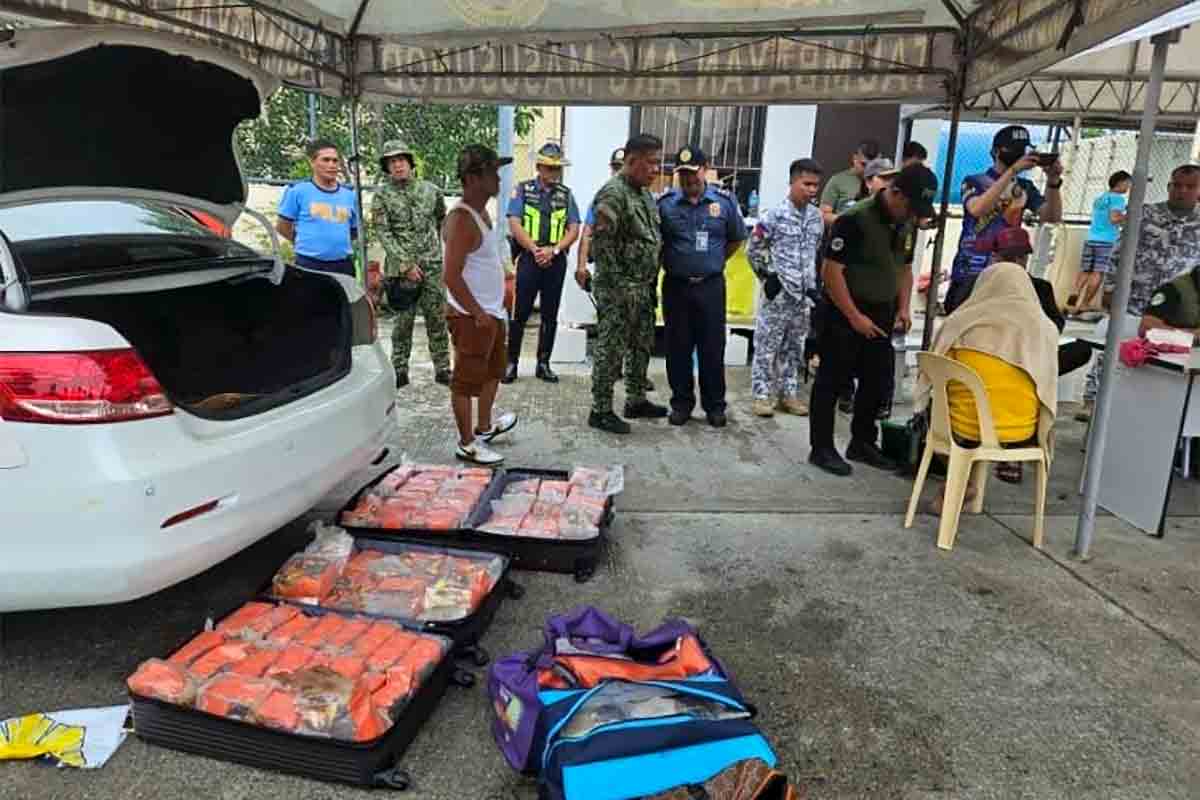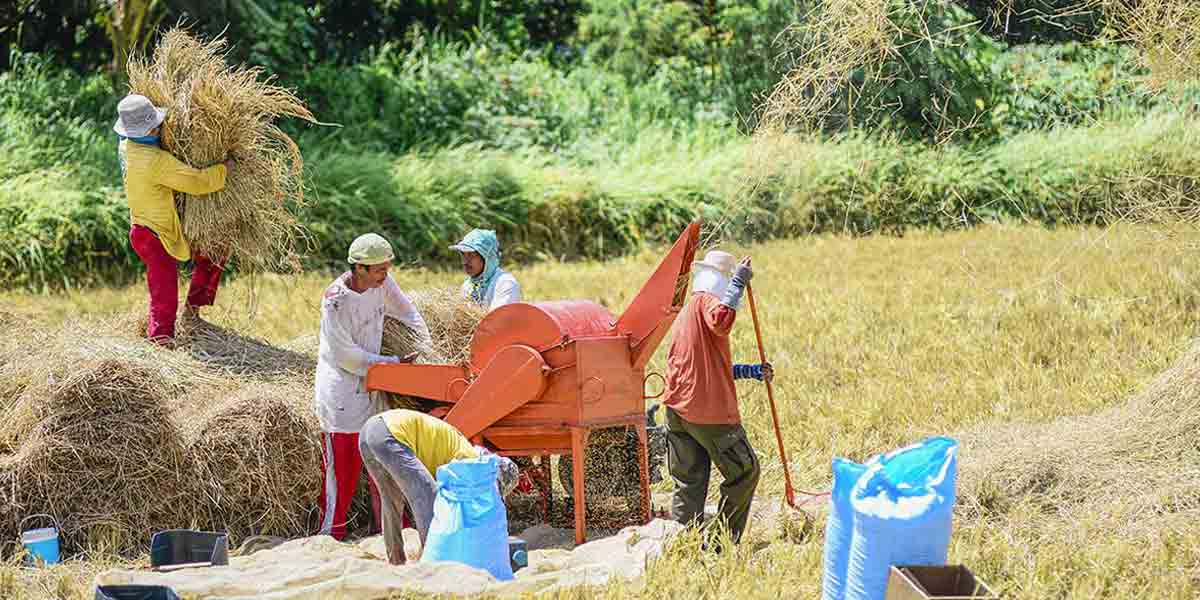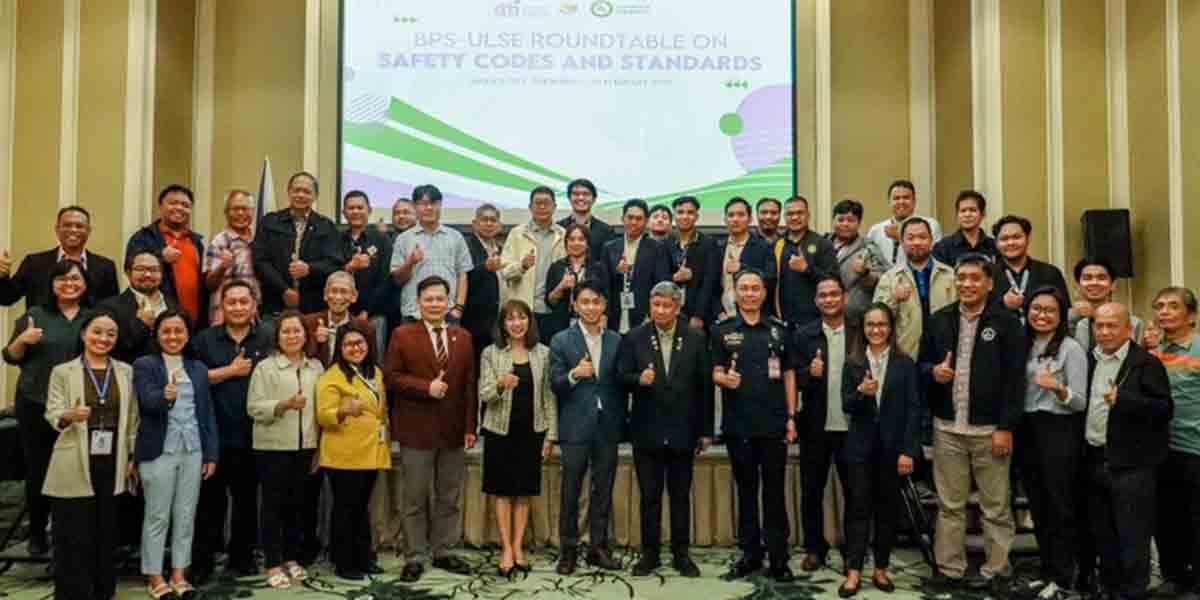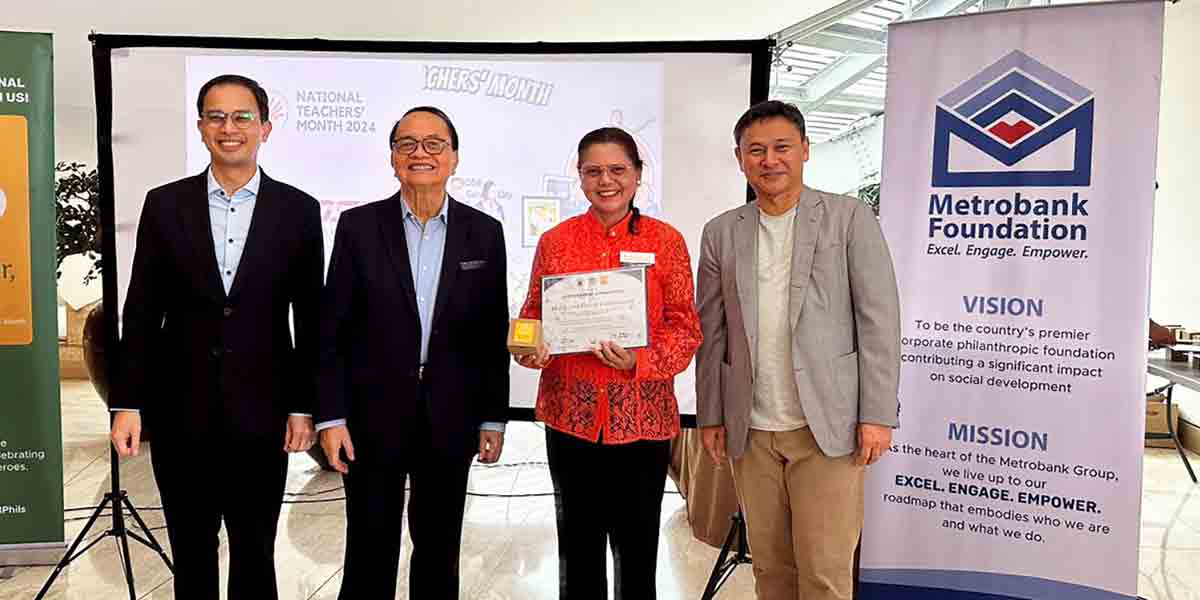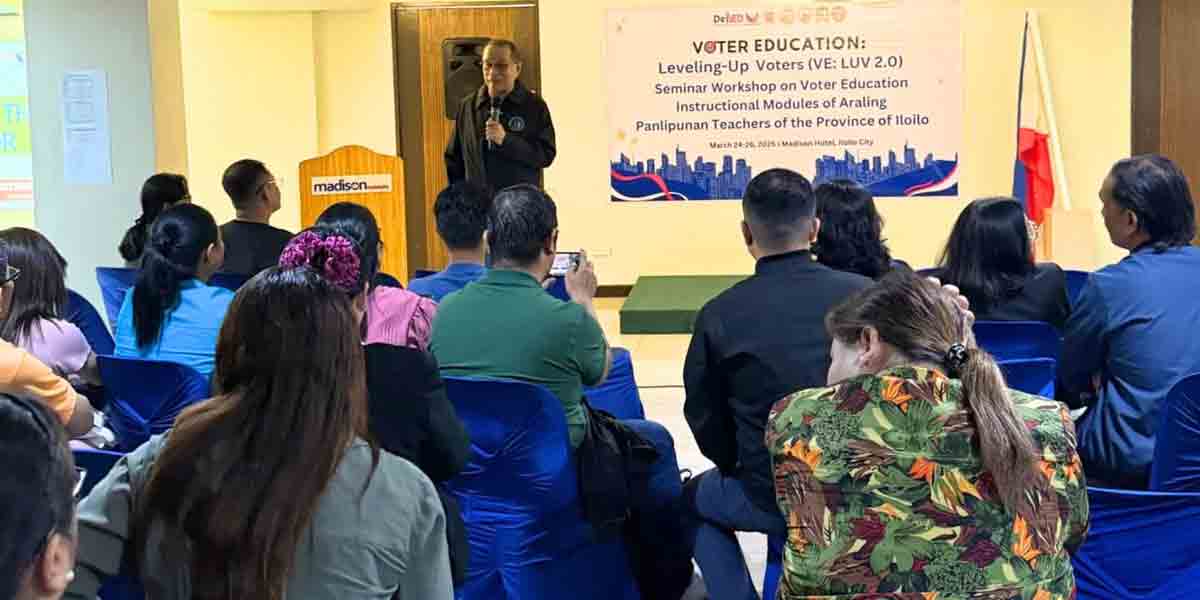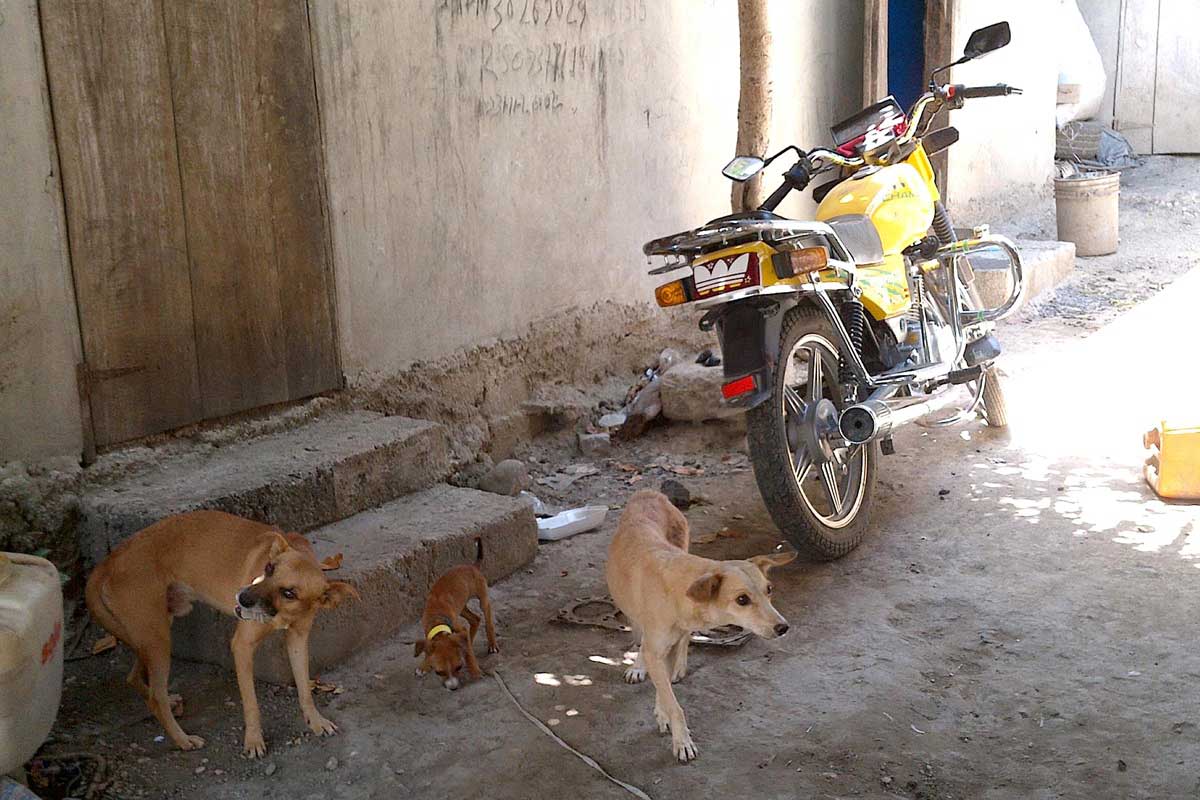
By Joseph Bernard A. Marzan
The Iloilo City government is stepping up its rabies vaccination efforts after the number of animal rabies cases reported in 2024 doubled compared to the previous year.
According to city government data, there have already been six recorded cases of animal rabies this year, which is twice the total number recorded in 2023.
The cases were identified across various districts, including Sooc in Arevalo, Rizal Estanzuela, and Timawa Tanza I in the City Proper, as well as Baldoza, Caingin, and Tabuc Suba in La Paz.
Andrew Murray Durano from the City Veterinary Office (CVO) acknowledged the challenge and linked the increase to the lack of vaccination services during the COVID-19 pandemic.
“[In the] years before the [COVID-19] pandemic, we had registered zero rabies cases. But during the pandemic, social gatherings were prohibited, and we were not able to vaccinate. Now, this is the result, and we are trying to cope,” Durano said in a press conference on Thursday.
To curb the spread of rabies, the CVO aims to vaccinate 31,500 dogs, which represents 70 percent of the city’s estimated dog population of 45,000. This estimate is based on the National Rabies Prevention and Control Manual which provides guidelines on the estimation of dog populations, with the most common projection of 1 dog per 10 humans.
The 45,000 figure was based on the city’s 457,626 population as of May 1, 2020, by the Philippine Statistics Authority.
With March designated as Rabies Prevention Month, Durano emphasized the need for public awareness and participation in dog vaccination to protect the community.
Additionally, the CVO is advocating for spaying and neutering cats, another potential rabies vector, with an estimated 17,000 cats in the city this year.
“We always promote rabies awareness and animal welfare, because rabies is not just an animal health [or] welfare case or concern, it is also a public health [issue] because rabies is a zoonotic disease, meaning it could affect both humans and animals. To control rabies, we must start from the source,” Durano said.
He said that the CVO is undergoing a ‘paradigm shift’ where their focus is less on how humans are affected by policies on animals, but on animal welfare itself as a component of public health.
This includes increased advocacy on responsible pet ownership and improving the office’s own facilities and services, starting with the Iloilo City Pound and Animal Shelter, as well as the proposed ‘Pet Identification & Unified Data Storage with Microchip System and Mobile Application for Disaster Preparedness’.
A pilot test had already been approved by the city government in 2022 with a proposed budget of P500,000 but has not been implemented since.

